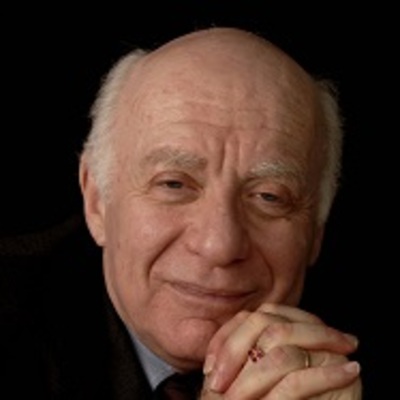Understanding Saudi Arabia: The Legitimacy Paradox
To retain their royal power, the House of Saud is prepared to take the world down with them.
April 24, 2016
The House of Saud’s overriding preoccupation is to preserve their legitimacy as rulers of Arabia. It is the pivot of everything they do.
They are keenly aware that this legitimacy hinges upon their acknowledged status as custodians of the Holy Sites of Islam in Mecca and Medina.
These sites the House of Saud seized by force in the 1920s from a rival principality without even a semblance of consultation.
That is also why the founding alliance with the leaders of the Wahhabi movement is so crucial to the Saudi royals.
Its founding preacher, Muhammad Ibn Abd al-Wahhab, helped make the Saudis a serious local military power in the 1700s.
It was also the Wahhabi movement’s blessing of the invasion of Mecca in 1924 – allowing the country’s unification – and their continued partnership to present day that endows the royal family at least with a semblance of modern authority.
This dependence on Wahhabi fundamentalists comes with a logical cost.
What religious legitimacy means for foreign policy
First, the House of Saud cannot afford to be outflanked at the fundamentalist end of the Sunni Islamic continuum. Therefore, their aggressive promotion of an ultra-orthodox creed.
Next, they must make strenuous efforts to coopt the proliferating jihadist movement that they themselves have encouraged – so as not to lose control of the faith’s direction.
Then, there is the compulsion to present themselves as protector of the faithful against heretics (Shia) and all enemies of Islam. This fuels both their staunch opposition to the democratic spirit of the Arab Spring and their antipathy toward Iran.
Rivals to the Islamic leadership
Iran is also a specific challenge to the House of Saud, not merely Sunni Islam on the global whole, because its own brand of Islamism threatens to foment unrest among Saudi Arabia’s large Shi’ite minority.
Securing all of these ends requires getting the United States to help by providing unqualified military backing against Iran, Assad’s secular regime, and the Houthis in Yemen.
The House of Saud resents Washington’s bringing to power in Iraq a Shi’ite dominated government. They also demand that the U.S. not cooperate with Shi’ite militias in the campaign against ISIL.
They have added an ancillary goal of ensuring that the American’s cease their proselytization of democracy in the Islamic world.
On top of the world
All of this in turn leads to the aim of modelling the Saudi-American relationship on the Israeli model: One where the ally gets everything materially and diplomatically that it wants from the United States and an unmodified agenda or governance system to boot.
The current ruling Sudairi branch of the overall Saudi royal family is more aggressive in pushing this cumulative strategy than were their predecessors. They are also bent on establishing a Sudairi line of succession to a new generation of Sudairi princes, instead of through more brothers and half-brothers.
That claim gains legitimacy if the Salmans – the King, his son and a nephew – can deliver on their audacious geopolitical and religious agenda. (The home agenda is not so impressive.)
But that audacious agenda is toxic to virtually everyone but themselves and their fundamentalist clerical boosters. To survive, the royal family’s ruling branch has to be the most powerful and the most religious in their country and in the Islamic world.
Even if it means taking everyone down with them.
Takeaways
The House of Saud’s overriding preoccupation is to preserve their legitimacy as rulers of Arabia.
Saudi royals’ Wahhabism has locked them in a global race to the bottom with all Muslim extremists.
The Saudi rulers want a US relationship like Israel has: All the benefits, none of the concessions.
